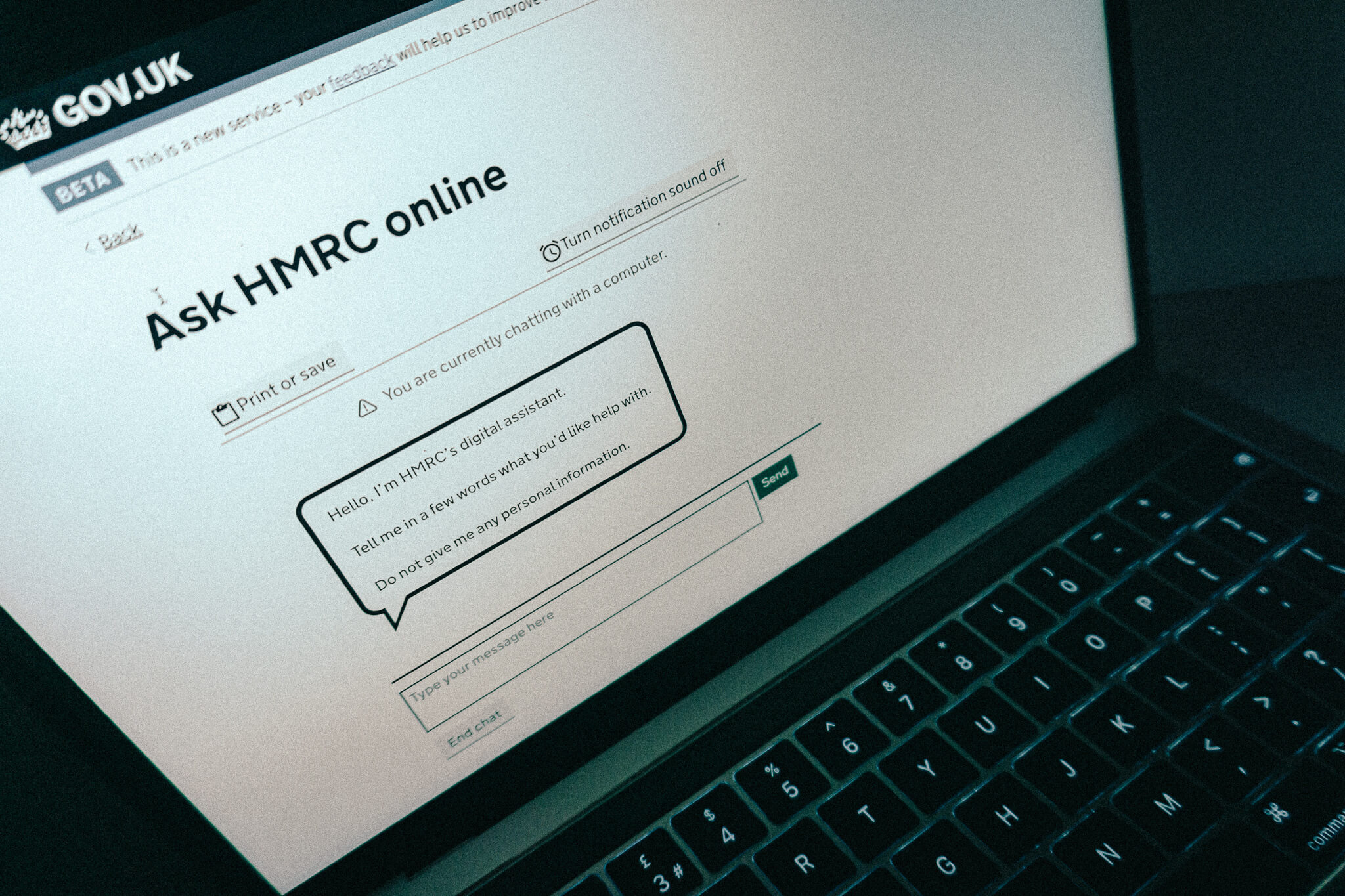Tax agency awards contracts for support, decommissioning, disaggregation and modernisation of systems for income tax, National Insurance and other core applications
Credit: Government of Alberta/Public domain
HM Revenue and Customs has signed a brace of contracts collectively worth almost £300m for the maintenance and modernisation of some its most significant software platforms.
The first of the two deals, awarded to tech consultancy Capgemini, covers “business application support and maintenance services for a set of business-critical legacy HMRC applications”, according to a newly published procurement notice.
“The contract includes options to provide decommissioning and application modernisation services for the business applications in scope,” the notice added. “The purpose is either to decommission services during the initial term of this contract or prepare enduring applications and services to go to market in future.”
The deal came into effect on 21 March and will run for an initial term of three years, plus two optional 12-month extensions. Almost £215m is expected to be spent via the contract.
The text of the contract itself provides further detail of the services to be provided for a range of specified applications. These services are split into “support and maintenance”; and “project services”.
Maintenance services are likely to include “necessary work to resolve incidents and problems and keep the… applications performing to the level of functionality” required.
Related content
- HMRC signs £85m five-year deal for customs software and support
- Q&A: HMRC tech chief on how the department is ‘leading the way on government cloud adoption’
- HMRC study finds SMEs’ experience of digital tax ‘varies considerably’ and frustration remains
Also in scope is any work needed to “keep the services current, as a result of statutory, year-end and essential parameter changes”, as well as any “actions taken to prevent future problems arising as a result of infrastructure changes, performance issues and systems software upgrades”.
The project services covered by the contract are considered to be “optional requirements” which may be specified by HMRC over the course of the engagement.
These may include application development, or the “integration and testing of new and enhanced business applications with… live environments to ensure that implementation does not detract from existing services”.
Capgemini may also be asked to provide the department with “strategy, architecture and feasibility analysis services”.
Alongside the contract for core business applications, HMRC has signed an equivalent deal for applications related to its National Insurance and PAYE income tax systems, collectively referred to as NPS.
The deal, awarded to Accenture, also covers “business application support and maintenance”, as well as “options to provide business application development and enhancement services and NPS solution modernisation services”.
“The intent of the modernisation service is to disaggregate the NPS solution into a number of components in preparation for going to market in future,” according to another newly published procurement notice.
Over the course of the five-year contract, Accenture will “have an ongoing obligation… to identify new or potential improvements to the services” in scope.
This obligation will include providing updates to a “strategic board” within HMRC on at least a biannual basis.
Such updates might include “the emergence of new and evolving relevant technologies which could improve the IT environment or the service”, or “new or potential improvements to the services including the quality, responsiveness, procedures, benchmarking methods, likely performance mechanisms and customer support”.
The deal is expected to be £70.4m to the professional services firm.
Procurement revamp
These two deals follow two similar, but smaller contracts signed last month. In each case, Capgemini was appointed to provide support and maintenance to HMRC’s corporation tax and child benefit software systems. The latter also includes support of “real-time information” platforms. Both deals came into effect in mid-February and run for an initial term of three years, plus two further optional one-year extensions. The contracts are cumulatively worth almost £19m.
HMRC is currently in the midst of rolling out the Technology Sourcing Programme, a multi-year project through which the tax agency aims to revamp how it procures £900m of IT goods and services each year. The department has described the scheme as being “focused on disaggregating the technology supply chain to deliver value for money, improve competition and reduce risk in the IT estate”.
In a recent Q&A, the department’s chief digital and information officer Daljit Rehal exclusively told PublicTechnology that “we’re on track with our plans to break up our largest IT contracts and award new ones, while protecting our live services, by June 2022.”.
“So far, we’ve launched 26 competitive tenders, addressing over 85% of our IT spend, and awarded 22 contracts to 9 different suppliers,” he added. “But our Technology Sourcing Programme is about much more than contracts. Between now and 2025, we will create the IT organisation we need for the future, helping ensure HMRC can meet its objectives and Charter commitments. This includes making our services accessible and easy and quick to use, and protecting the customer information we hold.”
Elsewhere in the interview, Rehal discussed the department’s work responding to Brexit and the Covid-19 pandemic, as well as his plans for “moving HMRC towards a low code/no code future”.
In an exclusive on-stage interview on the future of public services, Dajlit Rehal will deliver the keynote presentation at PublicTechnology Live next week. The HMRC digital chief will be joined by a range of top speakers, including Government Digital Service chief executive Tom Read, Department for Work and Pensions CDIO Simon McKinnon, Lisa Emery, CIO of the Royal Marsden NHS Foundation Trust, and Sonia Pawson, head of emerging talent for the civil service Fast Stream programme.
Attendance at the one-day conference, at the Business Design Centre on Tuesday 29 March, is free for public sector representatives.
You find out more here or register here.




